tl;dr
You can confidently choose any JDK product offered by IntelliJ. The Amazon Corretto product will work with the same Java-specified behavior, and will provide the same performance, as the Oracle OpenJDK product.
Amazon reserves the right to deliver urgent fixes, and to include any tweaks needed for their purposes as a cloud provider, in their Corretto product. Other than that, Corretto is built from the same OpenJDK codebase as the Oracle OpenJDK product.
To quote the Corretto product page:
Amazon Corretto is certified to meet the Java SE standard and can be used as a drop-in replacement for many Java SE distributions.
Details
is it safe to just pick any of the other images or would they lack some of the core JDK functionality?
The Oracle OpenJDK product is not any better or more special than any other Java implementation.
Nearly all Java implementations are built largely, if not entirely, for the codebase developed at the OpenJDK project. OpenJDK is an open-source project owned by Oracle with major involvement from IBM, Apple, Red Hat, and others. Some of those companies contributed their own JDK source code to OpenJDK in order to centralize development of a single joint implementation of the Java specifications.
- Oracle’s Oracle OpenJDK product, available at no cost, is simply a build made straight from the OpenJDK codebase. This product is offered without support.
- Oracle’s commercial Java product, Oracle Java, is also largely built from OpenJDK, but Oracle reserves the right to add patches for urgent bug fixes or compatibility tweaks for fast delivery to their paid customers.
You can choose and use a JDK product from any of several vendors. All are well-tested, perform similarly, and share the behavior defined by the Java specifications.
Some vendors perform additional testing beyond that done at the OpenJDK project, and therefore beyond that done for Oracle OpenJDK. For example, the Adoptium project sponsors an advanced testing suite, AQAvit, used for their own JDK products, and made available to other JDK vendors.
JDK vendors include, in no particular order: Azul Systems, SAP, BellSoft, Adoptium, Oracle, Microsoft, Amazon, IBM, Red Hat, and more.
I recommend reading the white paper from pillars of the Java community, Java Is Still Free.

